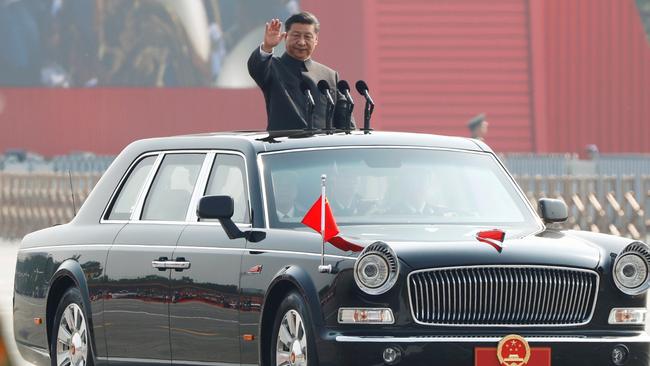
Xi Jinping and his feckless foreign diplomats are an irritation to democratic states and an embarrassment to China. They use propaganda and megaphone diplomacy to conceal serious problems at home, including soaring debt, a declining birth rate, pollution, protein shortages and international unpopularity.
Under CCP rule, China is losing political legitimacy by mistreating ethnic minorities and blunting its competitive edge as Western consumers begin to reject its cheap goods on ethical grounds.
When the fake image of an Australian soldier cutting the neck of an Afghan child went viral, I wondered why. Certainly, it was unpleasant. Doubtless, it was intended to offend Australians and it was timed to maximise damage from the Brereton report on alleged unlawful killings in Afghanistan. But the real reason it went viral was because the Chinese government used official channels to promote it.
The CCP is using propaganda to diminish Australia’s international standing and our influence in the Asia-Pacific region. Its disinformation serves to distract world attention from the independent investigation into the origins of COVID-19. It is unsettled by commonwealth foreign interference legislation, which closes a loophole that allowed state and local governments to sign deals with foreign governments against Australia’s national interest. For example, the Belt and Road Initiative MOU signed by Victoria’s socialist Labor government. And it strongly dislikes the idea of Australia embracing trade diversification, especially with India, which it regards as a regional competitor and sovereign threat.
The CCP approach to Australia resembles its treatment of Chinese political dissidents. But there is a problem; we are not subjects of the totalitarian regime. In her finest moment to date, Foreign Affairs Minister Marise Payne quietly asserted Australia’s autonomy. She rejected the temptation to view geopolitics through the lens of US-China rivalry. Instead, she proposed enhanced trade partnerships with countries such as India, Japan and Indonesia. According to Rory Medcalf, head of Australian National University’s Security College, the population of the three nations is projected to be 2 billion by 2050. The subtext is clear: China can bully Australia and threaten to ruin our economy, but we have other options, as do our trading partners.
While the CCP continues to escalate its campaign of international aggression, it should pause to consider the impact of such belligerence. “Made in China” was never a symbol of prestige, but Australians sought goods at a reasonable price and had no objections to buying foreign products. However, public sentiment is turning as the CCP alienates a host of nation states by spreading fake news, stealing intellectual property, intimidating governments and exploiting fragile economies.
Roy Morgan research conducted in late 2019 showed Australians were more inclined to buy locally made than Chinese goods, especially when it came to consumables such as food (88 per cent) and wine (72 per cent). Australians were also more likely to prefer local-origin skincare products (56 per cent) and cosmetics (51 per cent) compared with Chinese made (6 per cent and 4 per cent respectively).
In June, a YouGov survey for the Australian Workers Union found 88 per cent of Australians believe we should make more essential products here and be less reliant on Chinese imports. A vast majority (82 per cent) also thought Australian-made products should be used in government infrastructure projects. And, like the research conducted in 2019, a majority of respondents were seeking more locally produced products, with 68 per cent saying COVID-19 has made them more likely to do so.
It is not only Australians who are turning away from the communist regime. In a YouGov survey conducted from July to October, British people acknowledged that China is one of the most well-known countries, but least liked. It ranked the communist state 149th out of 196 in popularity. Only 15 per cent of Brits expressed a positive opinion about China while a majority (56 per cent) were negative.
South Koreans’ opinion of China has reached historical lows, according to Pew research conducted this year. And China continues to fall in the local popularity stakes, with 81 per cent of Australians viewing it unfavourably — a 24 per cent decline since last year. A median of 61 per cent of countries surveyed believe “China has done a bad job dealing with the coronavirus outbreak”, with South Koreans and Japanese people most concerned about it (79 per cent), followed by Australians (73 per cent).
The numbers indicate China is falling out of favour across the developed world, but its government seems not to mind. Rather than address the problem head on, it is becoming ever more bellicose and aggressive. The exploitation of Australian transparency about alleged war crimes in Afghanistan is a case in point. The Chinese government tried to curry favour with the Afghan people by depicting Australians as unrepentant war criminals. But the truth is clear. Unlike the CCP, the Australian government has embraced transparency about alleged human rights abuses. The PM expressed deep remorse about the allegations raised in the Brereton report. It was perhaps a mistake to publicise such allegations before they were tested in court, given the potential to compromise the principles of natural justice and judicial independence. However, the PM is right to signal his intent to ensure that any Australian found guilty of killing an innocent is brought to justice.
The CCP uses slander and propaganda to create the impression it is destined to dominate the 21st century. But the world is gradually remembering the high price humankind pays for surrendering to the totalitarian temptation.


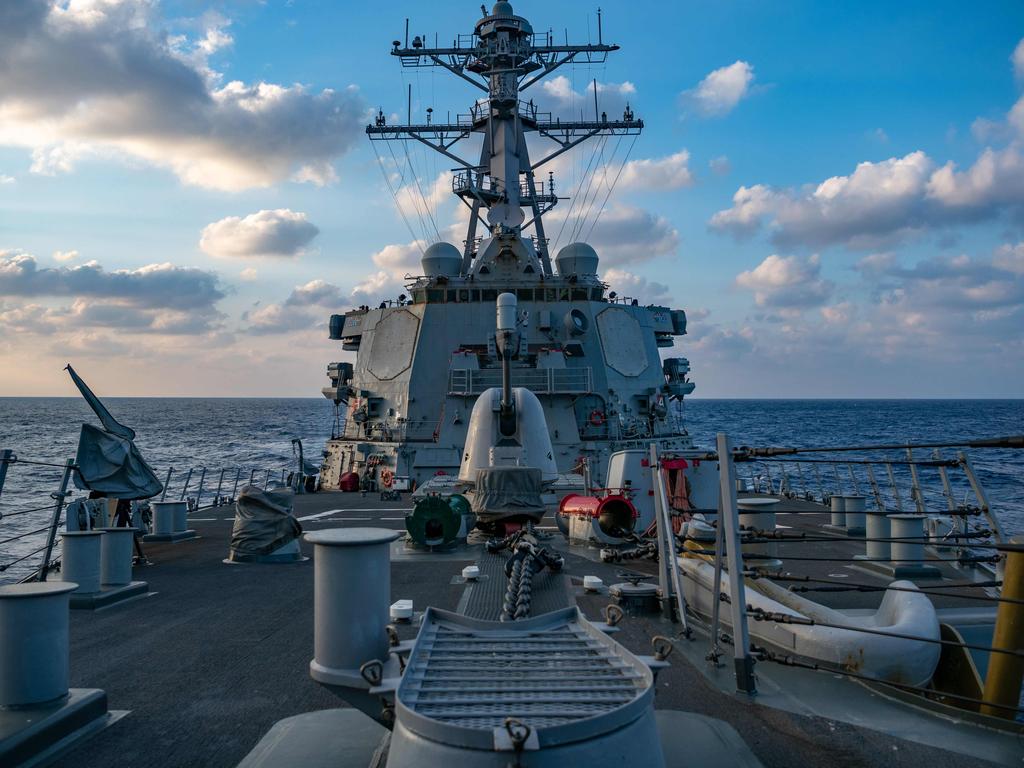
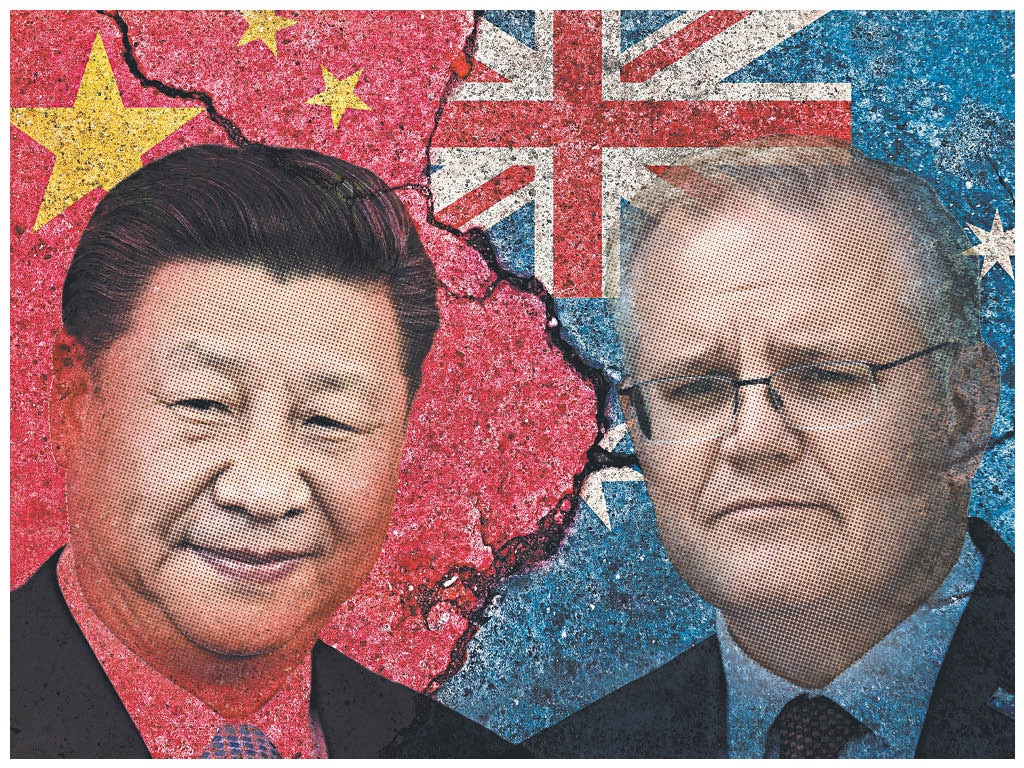
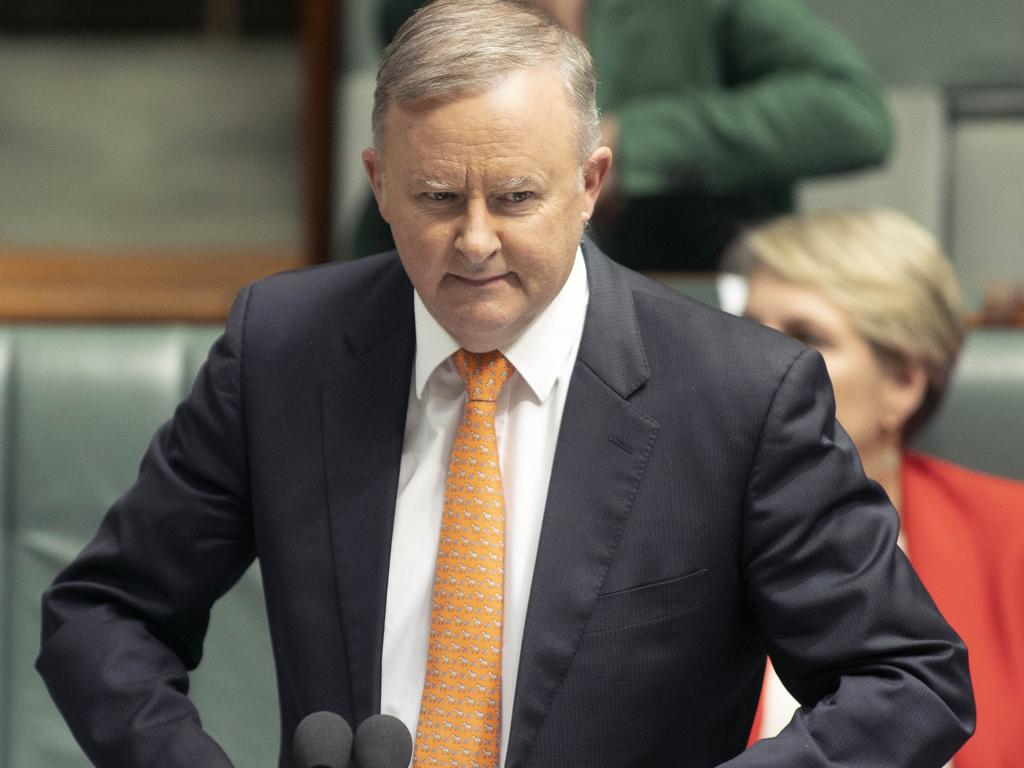
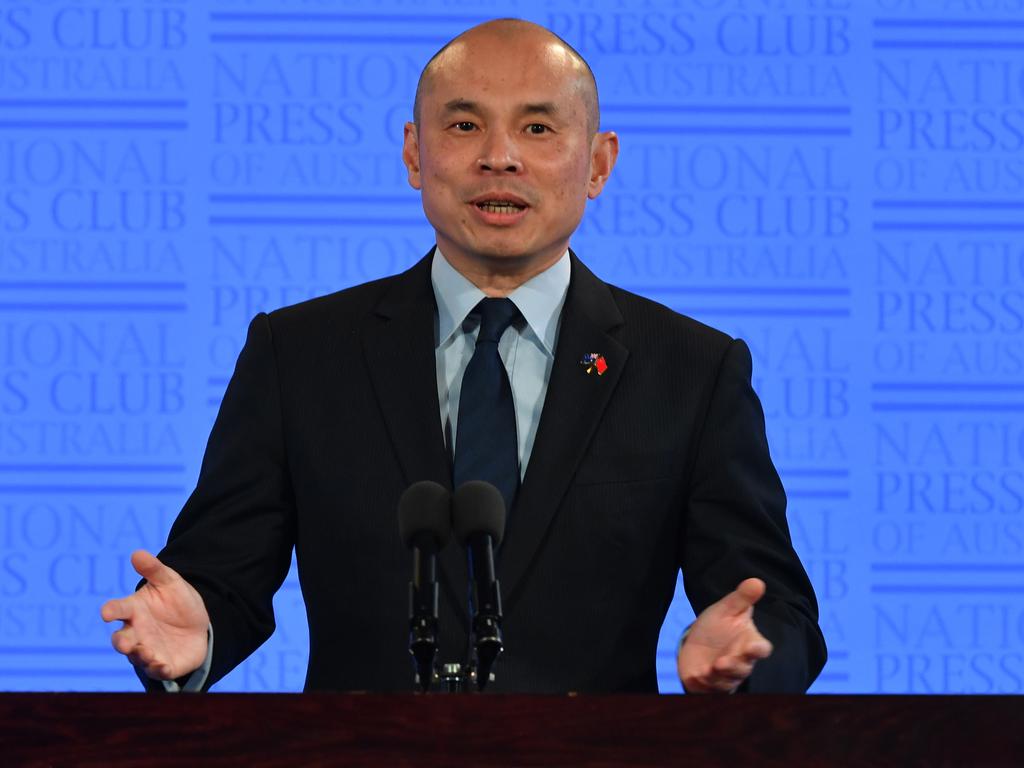
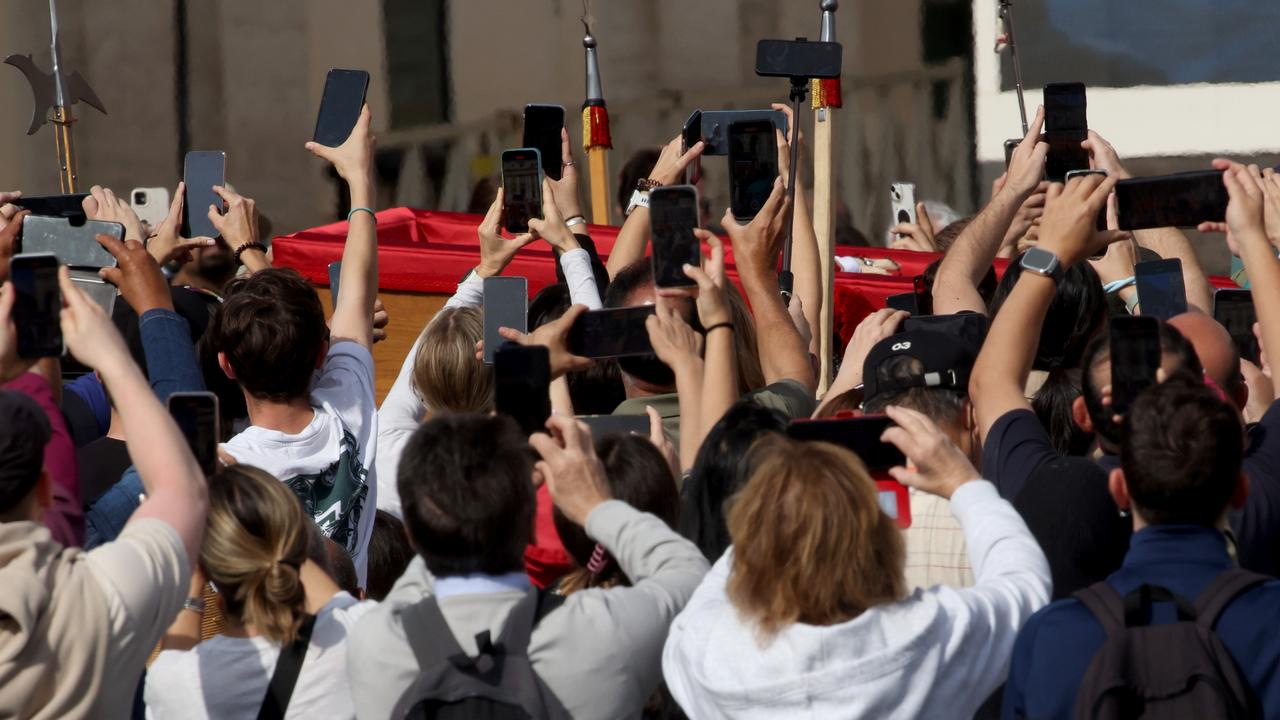

The Chinese Communist Party is a reprobate regime on a collision course with the free world.